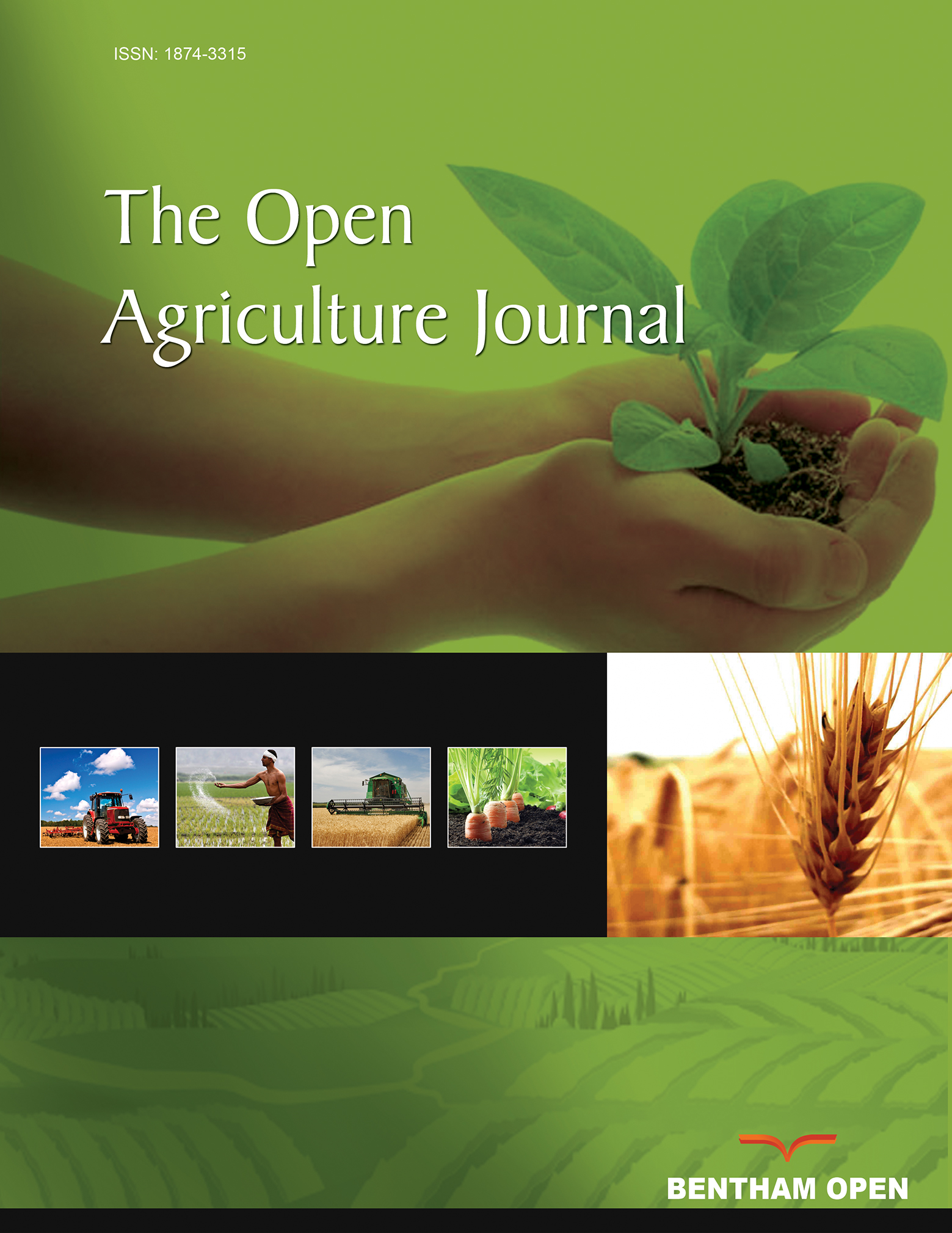All published articles of this journal are available on ScienceDirect.
Agricultural Aid Allocations of Korea in Five sub-Saharan Countries: Aid Policy Implications for Agriculture-Rural Development
Abstract
Background:
The Official Development Assistance, or ODA has been an invaluable source to assist developing countries in their economic and social development. Of the major ODA donors, the Republic of Korea (Korea) became a significant player in ODA and a role model. Providing its ODA, Korea designates the priority partner countries to which 70% of Korean bilateral ODA is allocated and formulates a country partnership strategy for each priority partner country.
Objective:
This study focuses on five sub-Saharan countries that were designated as Korea’s priority partner countries during the period of 2011-2020 and takes a detailed look at Korea’s ODA to their Agriculture and Rural Development (ARD) during the same period. With the five countries and ARD, this study intends to examine a hypothesis; the worse its food security and agricultural development was at a national level, the larger Korea’s ARD aid the country received.
Methods:
To test the hypothesis, data collected from World Bank, Global Hunger Index Reports and Korea ODA Statistics are sorted and analyzed. Then comparisons are made between Korea’s grant disbursements to ARD and the status of food security of the five African countries: Ethiopia, Ghana, Mozambique, Rwanda, and Uganda.
Results:
Results from the data indicate that there seems little consistency between the status of agriculture and food security of the five African countries and the allocated amounts of Korean ARD grants.
Conclusion:
Therefore, selection criteria for ARD grant allocation should exist and policy suggestions are made for Korea to formulate more consistent and systemic strategies for ARD support in sub-Saharan countries.


